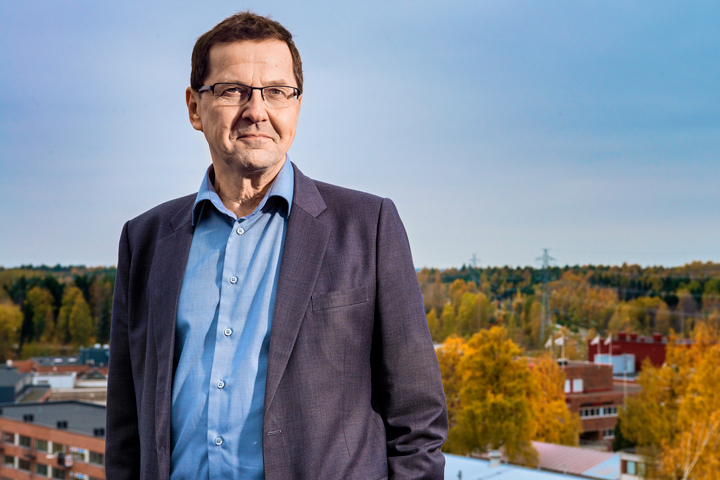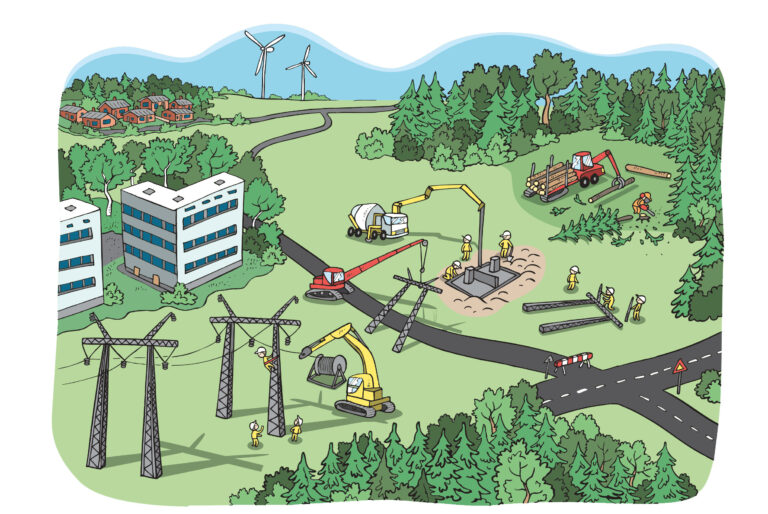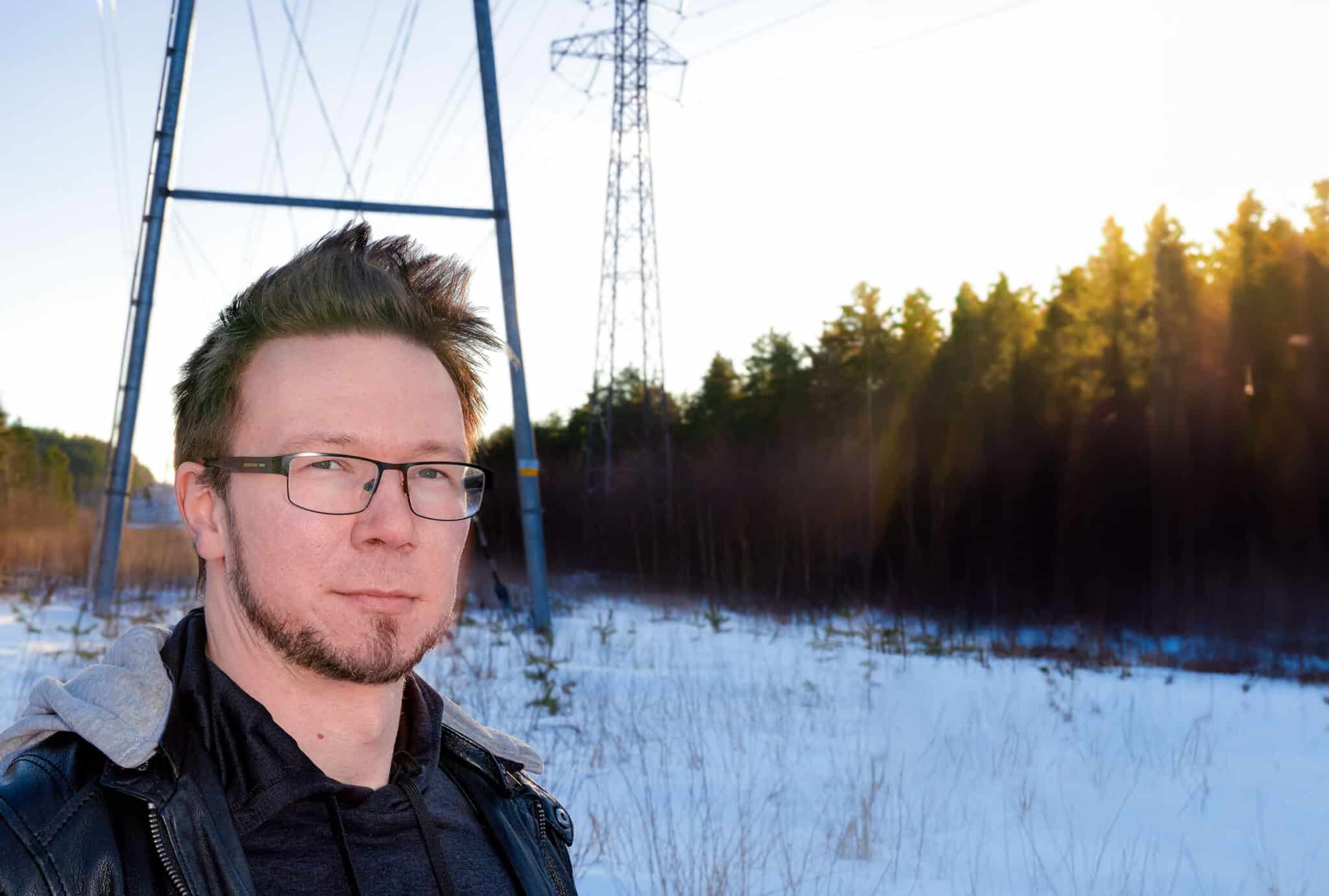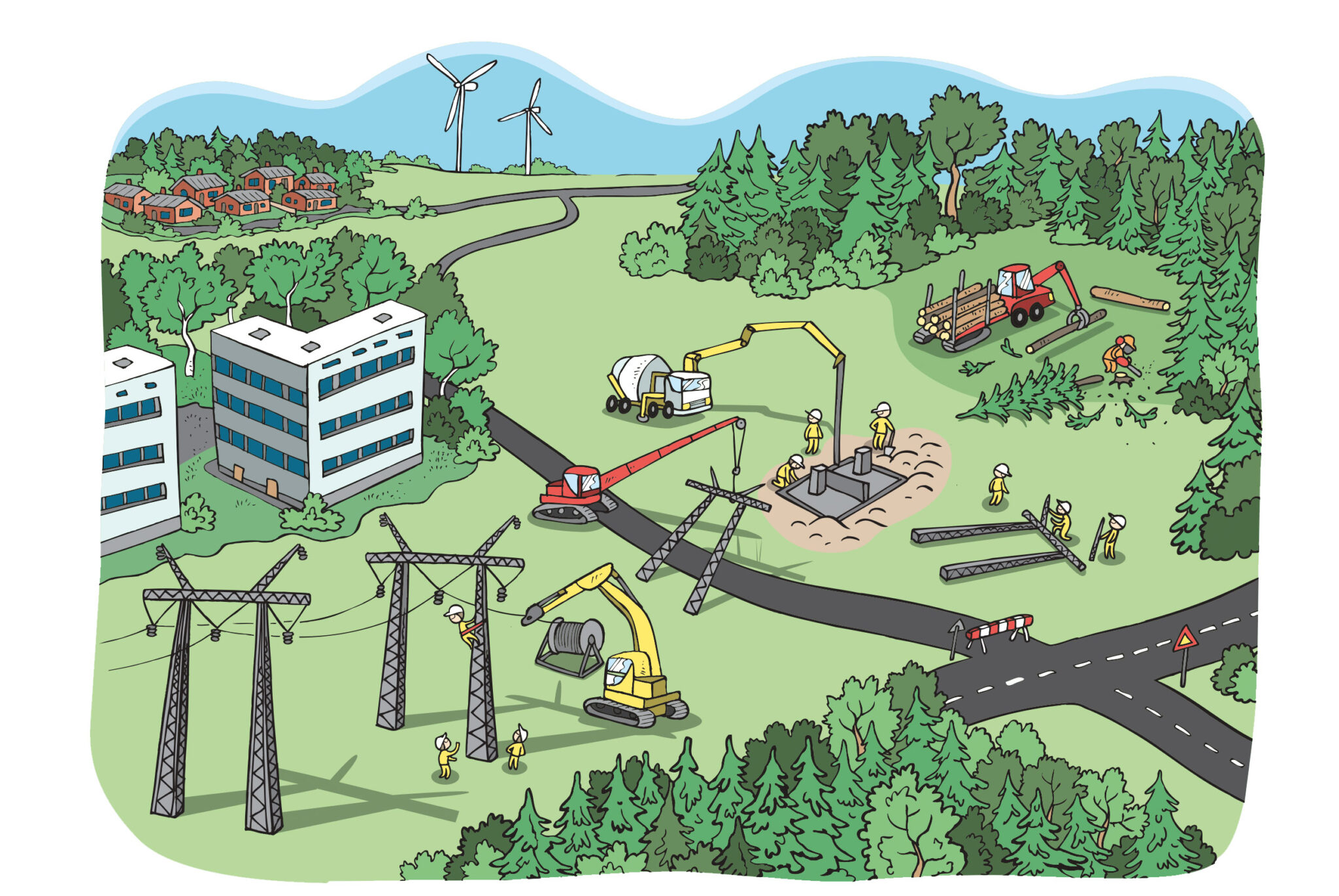When the coronavirus crisis began, the Power and District Heat Pool began analysing and maintaining situational awareness of matters related to the security of supply in the energy sector at the initiative of the National Emergency Supply Agency. The Power and District Heat Pool is chaired by Reima Päivinen, Senior Vice President of Power System Operations at Fingrid.
“Building situational awareness and issuing regular updates to the authorities was a smooth process, as the Pool’s networks are well developed. Every few weeks, we worked with companies in the electricity sector to review the problems or challenges that had arisen or were foreseen,” Päivinen says.
According to Päivinen, it is very important to sustain situational awareness as many stakeholders had a lot of questions for the authorities about matters such as power plant maintenance, especially in the early stages of the coronavirus pandemic. A large number of foreign workers and specialists are involved in maintenance work, and some operators were concerned about whether they would be able to work during the coronavirus crisis.
Every few weeks, we worked with companies in the electricity sector to review the problems or challenges that had arisen or were foreseen
Like many other companies, Fingrid switched to remote working in spring 2020, which meant that Fingrid’s Main Grid Control Centre in Helsinki would need to transition to a decentralised operating model across several different localities.
“This was our way of mitigating the risk of all our operators in critical positions falling ill at the same time,” Päivinen says.

Jäätyvä exercise in Helsinki postponed to next year
Fingrid’s internal remote working demonstrated that the company’s IT infrastructure worked excellently and withstood the load. The webinars for stakeholders were also a success on the Teams platform for communication and collaboration. Some exercises were postponed due to the coronavirus pandemic. For example, the Power and District Heat Pool’s Jäätyvä exercise in Helsinki was postponed to next year.
“Several actors from the energy sector are involved in the planning and realisation of exercises in addition to the authorities and municipalities in the areas selected for the exercises. For this reason, at least some of the people involved need to be present in person, and a command centre needs to be established in order for the exercises to succeed,” Päivinen says.
All in all, Fingrid’s operations went smoothly throughout the coronavirus pandemic, and the company made it through the state of emergency without any major issues.
“Maintenance of the main grid was carried out as scheduled, as was network construction and refurbishment work. We did not accumulate a maintenance backlog during the coronavirus crisis. We made it through the extraordinary circumstances brought on by the coronavirus, demonstrating the value of making preparations for disturbances of different types. In the energy sector, it is in our genes. Threats have been analysed and exercises performed in advance, and now we can see how foresight and preparedness materialise in practice,” Päivinen says.
What was learned from the stress test?
The coronavirus crisis can be thought of as a stress test of the energy sector’s security of supply and preparedness. What did the coronavirus teach Fingrid?
“We need to focus on fine details and put the lessons we have learned from this experience into practice. There is always something we can improve, even if things went well,” Päivinen says.
There is always something we can improve, even if things went well.
He believes that the future of work lies at least partly in a hybrid model where some personnel work at the office while others occasionally work remotely.
“Despite this, there are lots of things that are easier to take care of when everyone is physically present. However, many international meetings can be held on Teams, reducing the amount of business travel and improving the carbon footprint of work. It is also a more cost-efficient approach,” Päivinen says.






